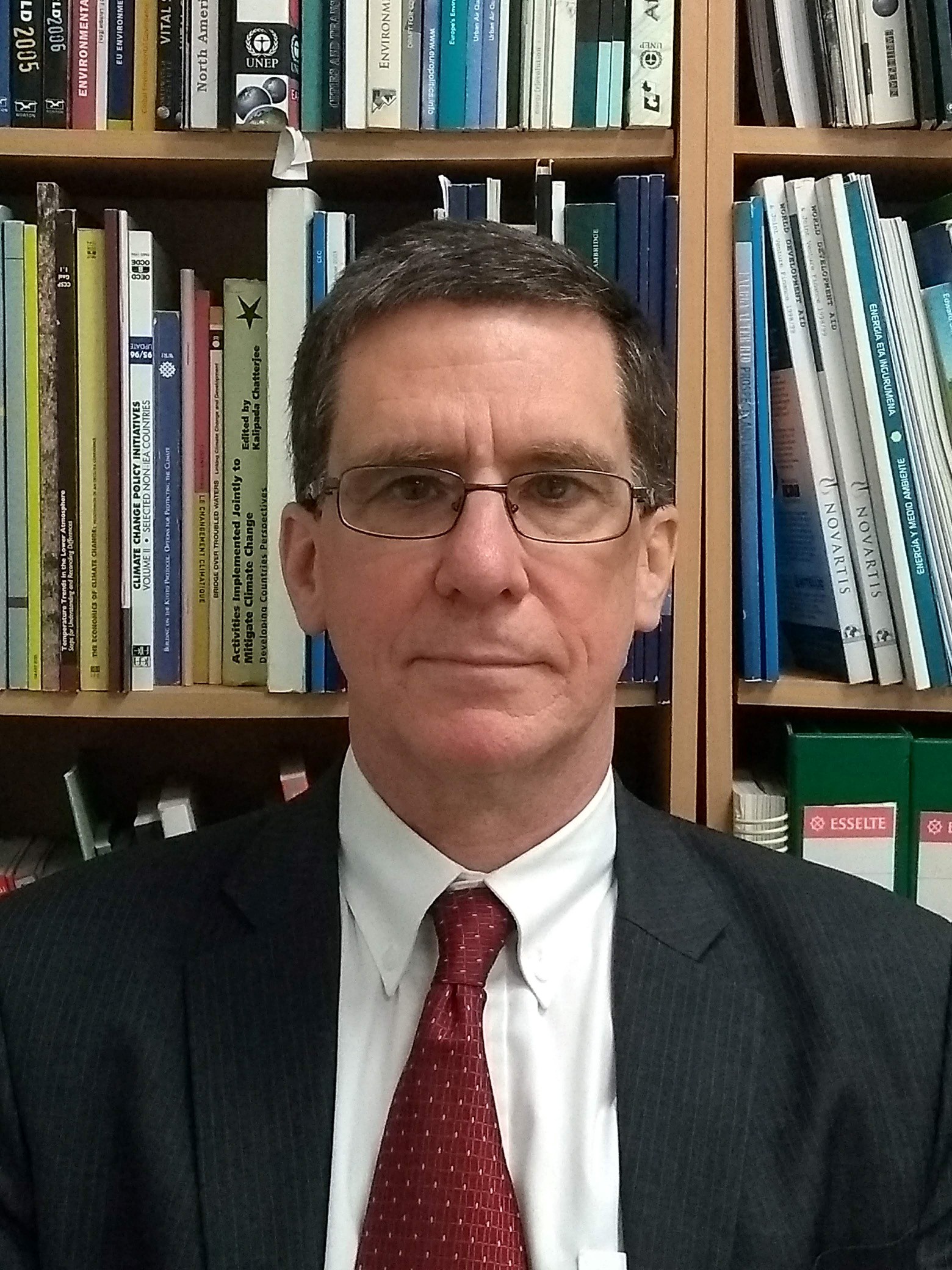The International Response to Climate Change: Perspectives from within the UN System

Zurich Financial Services Distinguished Visitors Program on Climate Change
ABSTRACT
At the 24th meeting of the Parties to the UN Climate Change Convention, governments completed the so-called Paris Rulebook, the set of guidelines for implementing the Paris Climate Change Agreement, and attention is shifting to implementation of measures that cut GHG emissions. Mr. Radka will draw on his 25 years of experience in the United Nations Environment Programme in describing how the UN’s “Environment Agency” works with countries, companies, and people to reduce the emission of greenhouse gases. Topics covered will include where we stand regarding emissions, the use of science to influence policies, approaches to building robust coalitions for change, the role of non-state actors in raising climate ambition, and why the Kigali Amendment to the Montreal Protocol is a potential game changer.
BIO
Mark Radka heads UN Environment’s Energy and Climate Branch, where he manages the organization’s efforts to link the global energy and environment agendas. UN Environment’s focus is on helping countries reduce emission of greenhouse gases through broad cooperative efforts and supporting engagement by the financial industry in the sustainable energy sector. Mark has a special interest in the technology needs of developing countries and was a coordinating lead author of the IPCC’s Special Report on Methodological and Technological Issues in Technology Transfer. Before joining UN Environment he worked on domestic and international environmental programs with the US Environmental Protection Agency and the World Bank, and was a US Peace Corps volunteer in Thailand.
Mark received a Master of Public Policy degree in Environmental Policy from Harvard University’s Kennedy School of Government, an MS degree in Environmental Engineering from the University of California at Berkeley, and an SB in Civil Engineering from the Massachusetts Institute of Technology.